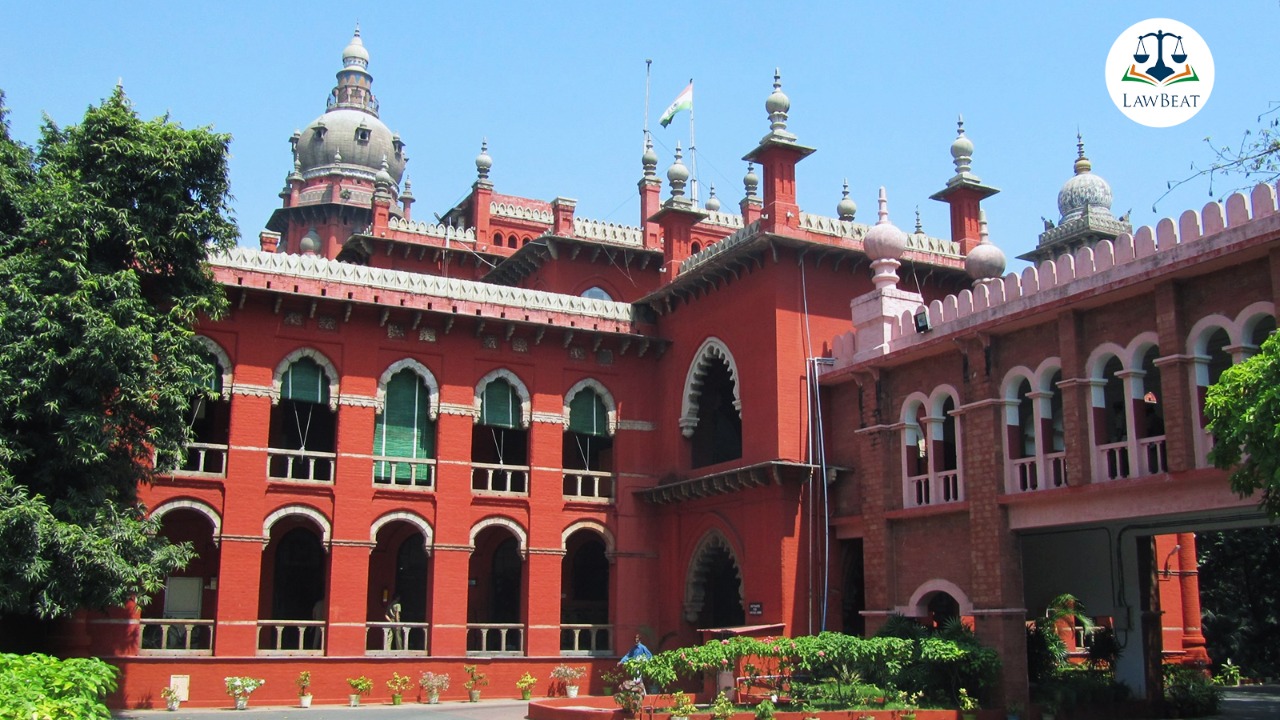Co-passengers can be prosecuted if inebriated car driver kills pedestrians: Madras High Court

The High Court was hearing Lakshmi's criminal revision petition against a trial court's refusal to release her from the case filed jointly against her younger brother Anbudurya, a friend Krish alias Sebastian Krishna, and herself.
The Madras High Court recently held that when an inebriated car driver kills pedestrians on a beach road at odd hours, all those who travel along with him/her are to be prosecuted as they are abettors of the crime under S. 111 and 113 of the IPC, if they had performed any "positive act" amounting to instigation of the offence.
However, Court made it clear that though in the instant case, there was a positive act of the petitioner, opening the door and sitting in front of the seat, participating in the journey, however, whether this positive act would amount to instigation of the first accused to drive the vehicle in an inebriated condition would depend on the facts and circumstances of each case.
The court was hearing a criminal revision petition moved by one Lakshmi against a trial court's refusal to release her from the case filed jointly against her younger brother Anbudurya, a friend Krish alias Sebastian Krishna and herself.
While dismissing the criminal revision petition, Justice D Bharatha Chakravarthy held that there is an equal criminal liability on all three accused persons who set out on the journey at odd hours and just because one person was on the wheel and other persons were sitting on the passenger seats makes no difference.
"It will only make a difference between Section 304(ii) of IPC and Section 304(ii) read with Section 109 of IPC", the court added.
The counsel for Lakshmi submitted that on November 12, 2013, at 3:30 am, Anbusurya was driving the car, with Krish @ Sebastian Krishnan, and she was a co-passenger in the front seat as they approached the All India Radio building on Kamaraj Salai (Beach Road, Chennai), the car went berserk and collided with three pedestrians, killing one instantly and seriously injuring another (officer on duty).
He further submitted that the car also collided with a motorbike, then with a TATA Sumo, and before coming to a halt it collided with another car that was parked in front of the All India Radio building.
The counsel argued that as Lakshmi was not inebriated, and there is the absence of any "positive act" that would have incited the commission of the offence, Lakshmi could not be prosecuted by the police.
He further argued that Lakshmi's prosecution was without merit as she was only a passenger and could not be prosecuted under Section 304 of the Indian Penal Code (IPC) and was thus entitled to be discharged.
On Contrary, the Government Advocate who opposed the plea argued that Lakshmi had full knowledge of her brother's inebriation but did not stop him from driving the car, and thus she could be prosecuted for abetting the death of the three pedestrians.
The court observed that Lakshmi performed a “positive act” by opening the door, and sitting in the front seat to participate in the journey and the facts and circumstances of the case will determine whether there is a positive act amounting to inciting Anbusurya to drive the car while inebriated.
“In this case, the time was 3.30 am, and the location of the occurrence is near the beach; thus, it is clear that if any person joins the person, in an inebriated condition, for a late night after the party stroll in the Car to the beach, that by itself is a positive act of instigating the person to drive the vehicle in an inebriated condition”, the Court added.
Therefore, Court held that there was no merit in this revision petition and there was an equal criminal liability on all three accused persons, who set out on the journey at odd hours, and just because one person was behind the wheel and others were sitting in the passenger seats could make no difference.
Accordingly, the petition was dismissed.
Case Title: Dr. Lakshmi v. The State
